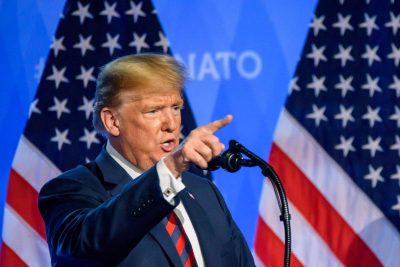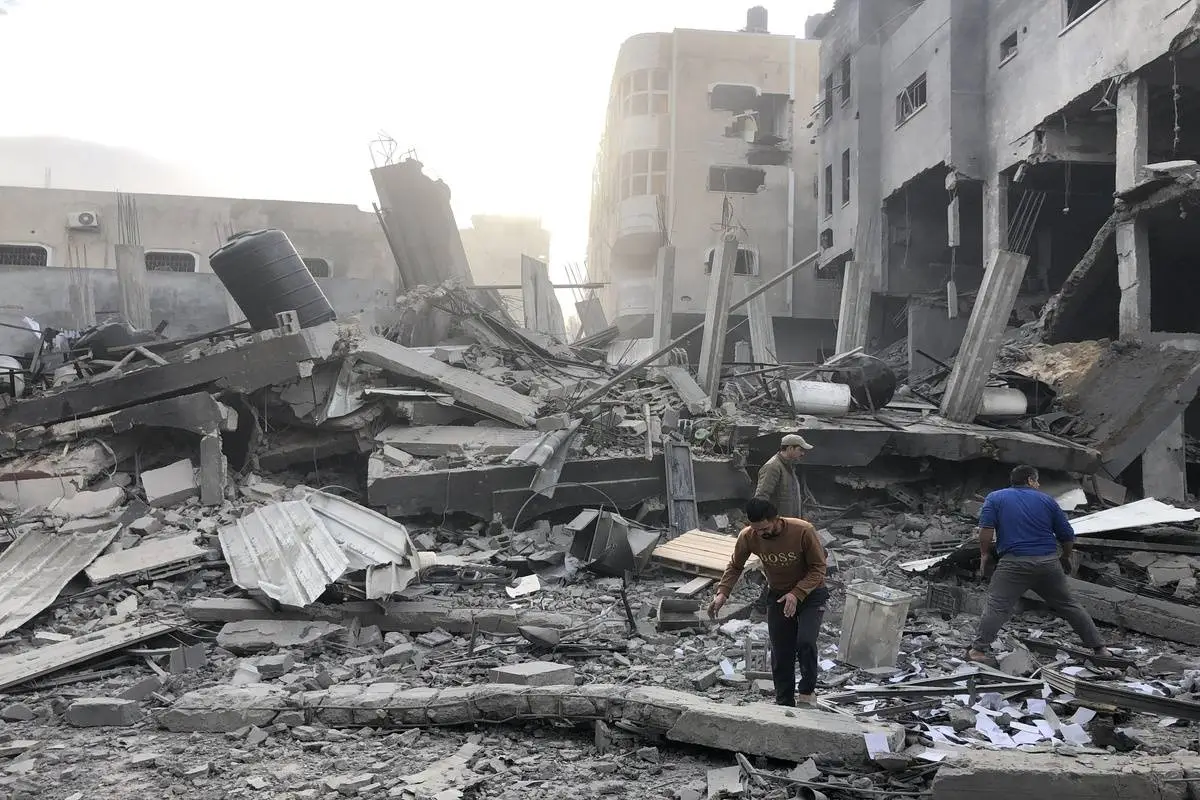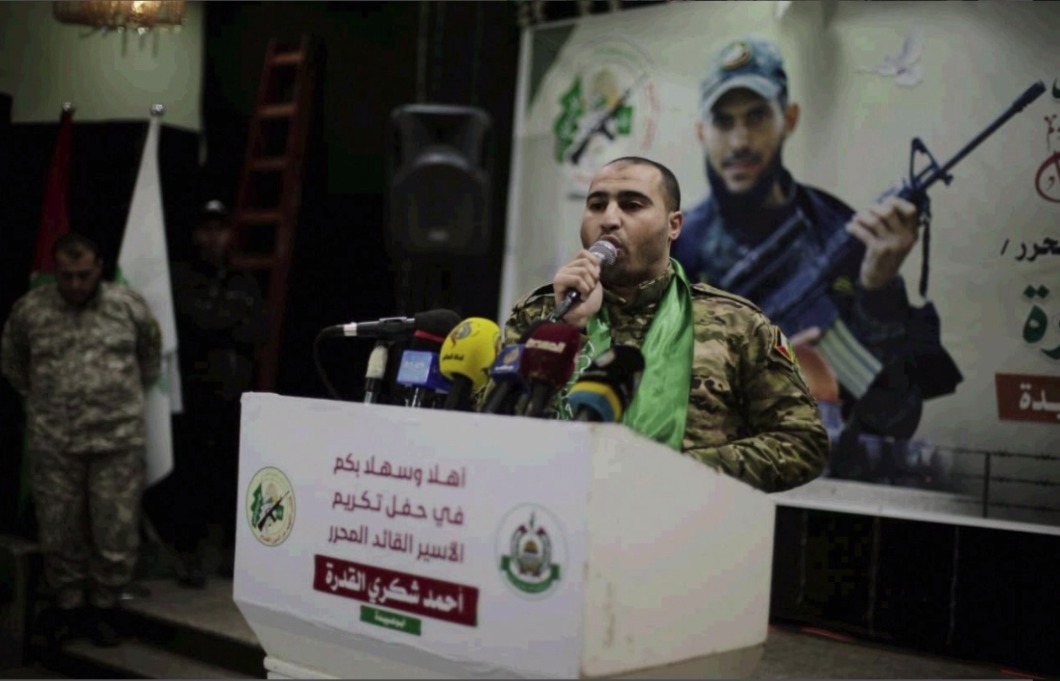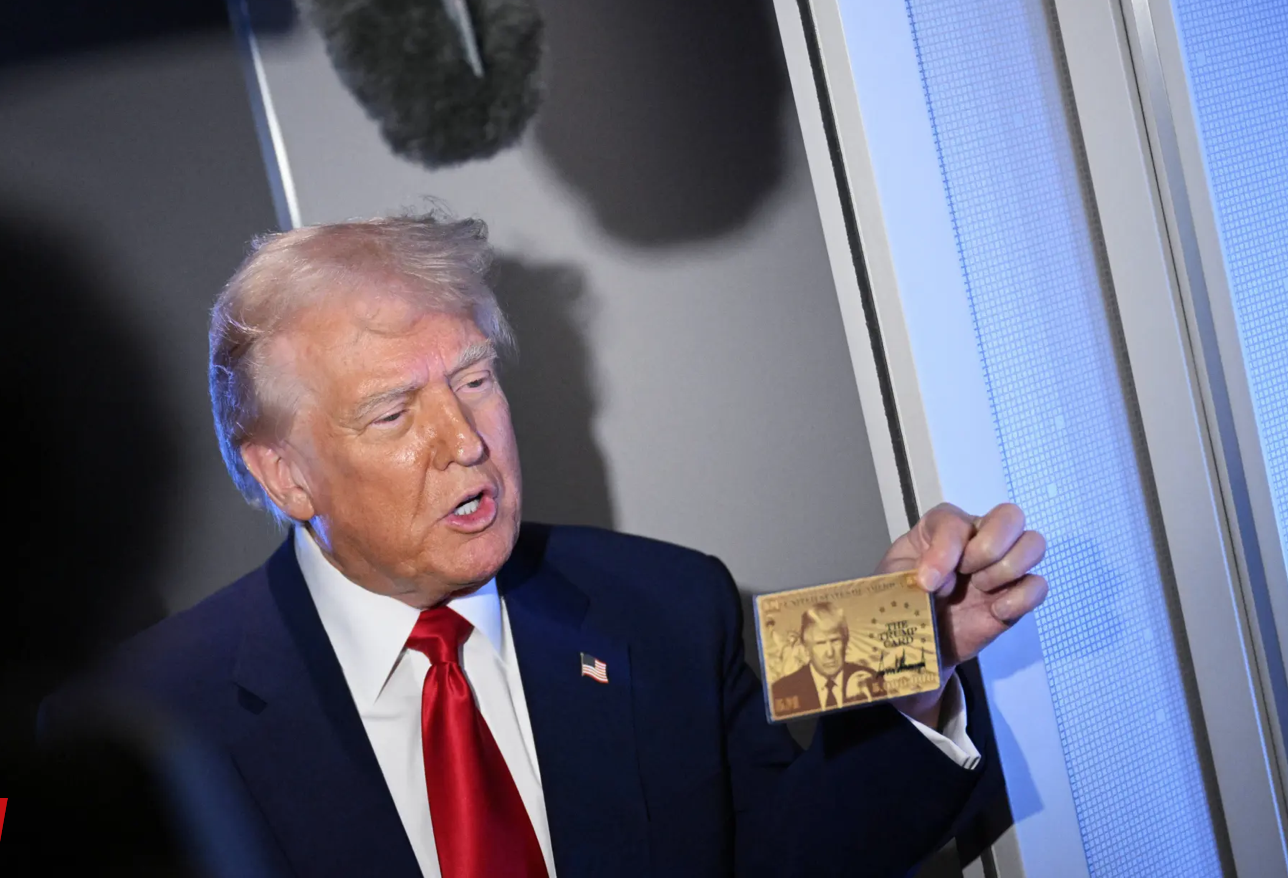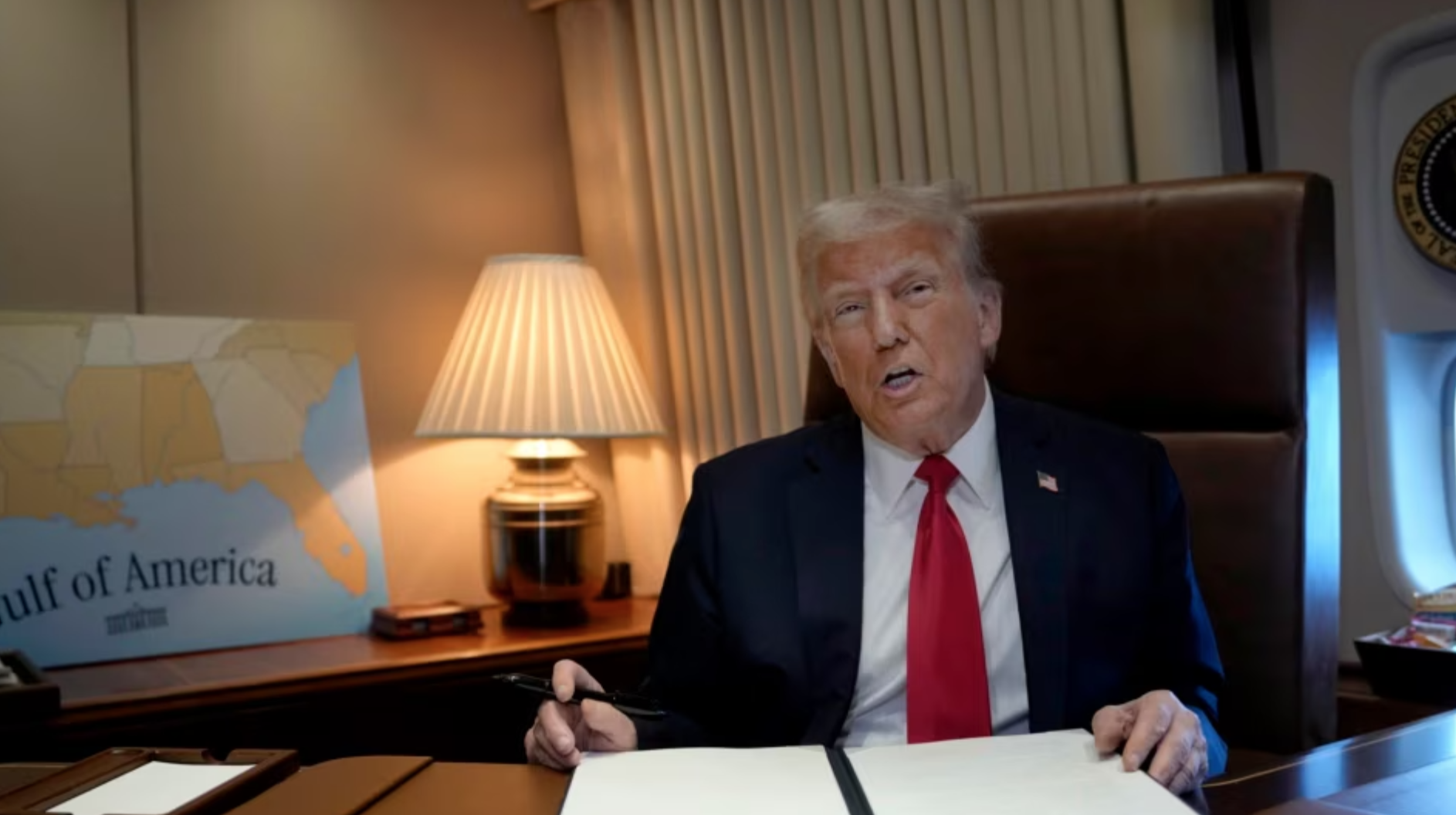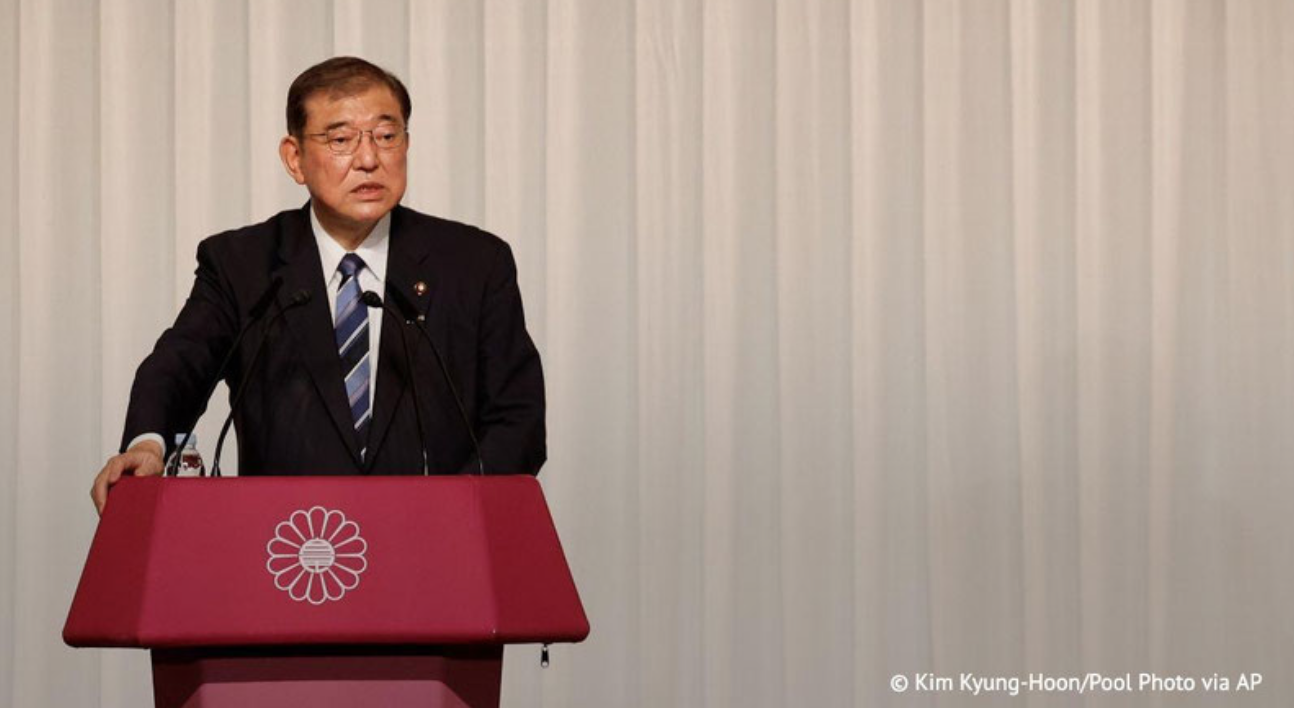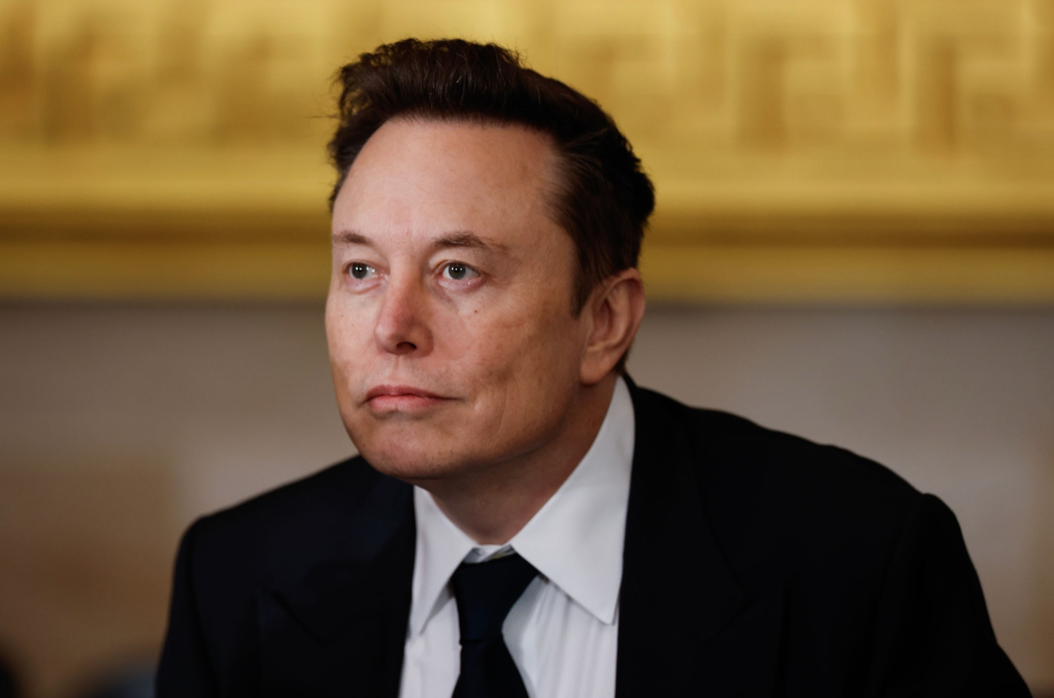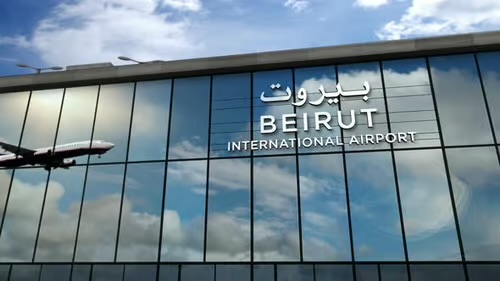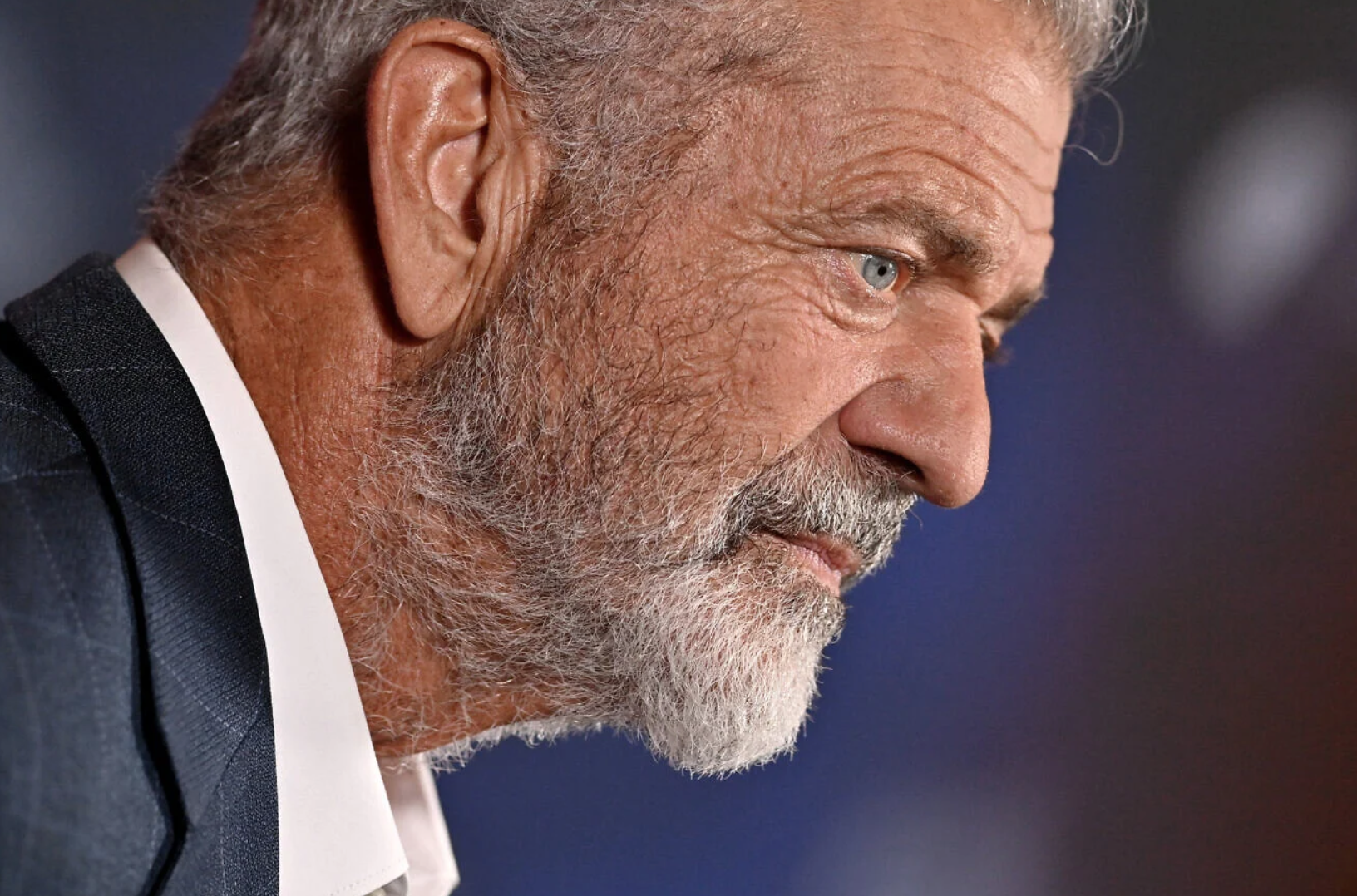German Chancellor Olaf Scholz. Photo: Thomas Koehler / bundesfinanzministerium.de
German Chancellor Olaf Scholz has provoked a sharp reaction from the conservative opposition after his first telephone conversation with Russian President Vladimir Putin in two years. Conservatives from the CDU/CSU party accused Scholz of promoting Russian propaganda, hinting that such a move would harm Germany’s position more than help resolve the conflict in Ukraine, AFP reports.
Jürgen Hardt, the CDU’s foreign policy spokesman, said Putin probably saw the call as a “sign of weakness”. He also accused the chancellor of using the foreign policy issue to score political points amid a drop in the rating of the Social Democratic Party of Germany (SPD), which is losing ground to the CDU/CSU in recent polls.
Hardt stressed that the conversation was not tough enough and did not include ultimatums or threats of a significant increase in military aid to Ukraine. According to him, Putin understands only “signs of strength”, while diplomatic calls for peace are only a backdrop for further aggression.
Scholz: support for Ukraine and a call for negotiations
The chancellor’s office released a statement saying that Scholz called on Putin to withdraw his troops from Ukraine and demonstrate his willingness to negotiate for a just and lasting peace. He also assured that Germany would continue to support Ukraine “as long as it takes”.
For its part, the Kremlin accused Germany of an “unprecedented deterioration” in relations and offered to resume gas supplies, stressing Russia’s readiness for “mutually beneficial cooperation”.
Regarding the negotiations with Ukraine, the Russian side stressed that any agreements should take into account the “new territorial realities”, which hints at legitimising the annexed Ukrainian territories.
Ukraine’s reaction: “an attempt to appease the aggressor”
Ukraine sharply criticised the chancellor’s initiative, calling it an “attempt to appease the dictator”. Ukrainian Foreign Ministry spokesman Heorhiy Tihi said that such talks “do not bring a just peace closer” and called for concrete actions to force Russia to end the war.
Tihanyi stressed that any attempts to compromise with Putin only reinforce his belief that the Western position is weak, adding:
“It is not words but decisive actions that will ensure victory.”
Domestic political implications for Scholz
The conversation with Putin took place against the backdrop of serious political challenges for Scholz: last week, Germany’s ruling coalition split, and the Social Democrats will have to compete for voter confidence in the upcoming elections in February.
Despite the criticism, SPD Secretary General Matthias Miersch defended the chancellor’s actions, stressing the importance of diplomatic attempts to resolve the conflict, even if they do not yield immediate results.
The question remains: will Olaf Scholz succeed in convincing his critics of the expediency of this approach, or will it become another challenge for his government amid a difficult domestic and international situation?


